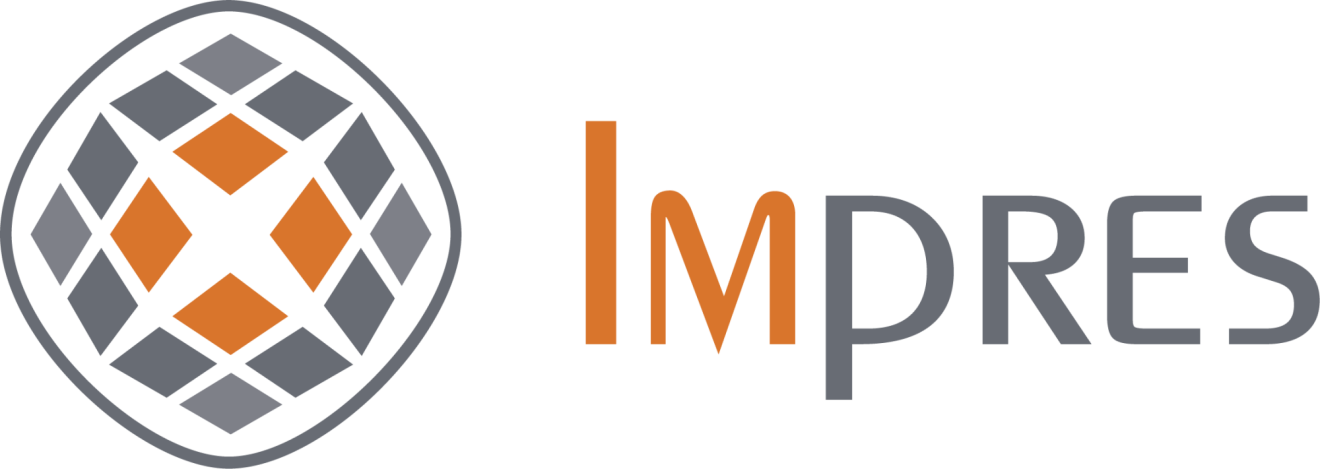Cooper Construction Services is a 50-person construction company serving a single customer - the U.S. federal government. As such, Cooper is subject to the Davis-Bacon Act, which requires all government contractors to pay workers according to the prevailing wages in the area in which the work is being done. Calculating different wages for each worker in multiple states, including not only hourly rates but fringe benefits, requires a sophisticated tracking system. At Cooper, spreadsheets and basic accounting software were not enough, so the company implemented a solution built with Quickbase that enables it to maintain compliance with Davis-Bacon while saving money - about $20,000 in payroll taxes alone.
Challenge
- Highly regulated pay rates for laborers, carpenters, electricians, painters, and other workers
- Tracking varying pay rates across multiple geographies nearly impossible with spreadsheets
- Calculating fringe wages difficult without dedicated software system
- Paying fringe wages in cash costs company in payroll taxes
Solution
- Quickbase app for calculating prevailing local wages
- Built-in formulas for calculating pay rates, fringe wages and benefits compensation
- Fringe rates calculated and matched against benefits contributions to avoid cash payouts and reduce payroll taxes
- Centralized access to wage data
Benefits
- $20,000 annual savings in payroll taxes
- Cut staff time spent on manual data entry
- Streamlined workflows and business processes
- Flexibility to update app frequently with changing wage rates and new projects
From its corporate office in Vienna, Virginia, Cooper Construction Services manages $10 - $20 million in construction projects per year, the majority of which are government projects for a variety of agencies and The Department of Defense requiring interior and exterior renovations.
As a federal contractor, The Davis-Bacon Act requires Cooper to pay carpenters, electricians, painters and laborers local prevailing wages, including fringe benefits, which are set by the Department of Labor and updated regularly. To maintain compliance, Cooper Construction needs to ensure that employee compensation is accurate based on the locations where each employee works.
It’s kind of like playing a baseball game in five different stadiums under five different sets of rules at the same time.
Initially, Cooper used spreadsheets to calculate compensation and fringe wage data. But that process couldn't scale to meet increasing demand. And paying out fringe benefits in cash (an option many construction companies choose in lieu of complex calculations) had a negative effect on payroll taxes.
To solve the problem, Cooper built a robust payroll and time card app on Quickbase that automates complex calculations and ensures that Cooper is in compliance with Davis-Bacon. The finished solution enabled Cooper to save an estimated $20,000 in payroll taxes alone.
Nailing Down Time Cards
Cameron chose Quickbase to develop a time card app to automate the management of employee compensation and fringe wage data. Built-in formulas ensure that the correct prevailing wage is applied for hours worked by each employee. The app also calculates fringe wages so benefits can be correctly allocated and any overages can be deposited into an employee’s 401(k) account.
Theres an entire cottage industry that does nothing else than manage Davis-Bacon fringe benefit allocations and were doing it ourselves natively in Quickbase, says Cameron.

The app automatically generates summary letters that are printed and mailed weekly to each employee detailing their compensation breakdown and 401(k) contribution amounts. With time card data logged in to the app, Cameron can pull up an employee record and see the exact hourly rate that an employee was paid for a job, plus fringe wages and benefits applied as compensation. Since 2009, the app has logged approximately 28,000 time cards.
Because Quickbase is an online app, project managers who are out of the office can access the information using any device from any location. And Coopers Spanish-speaking employees can input information and receive letters in their native language.
Success Measured in Dollars and Time
The excellence Cooper achieved in its time card app saves the company staff time and eliminates the need to manually calculate employee compensation and fringe wages in spreadsheets. Cameron estimates that his company saves about $20,000 a year in payroll taxes because he can accurately estimate employee fringe compensation across all job sites and deposit overages into 401(k) accounts for employees instead of paying them in cash.

The company can work more confidently with its government clients knowing its in full compliance with Davis-Bacon Act requirements for paying local prevailing wages on government contracts.
And with all its compensation and wage data in one centralized location in Quickbase, the company is fully prepared for audits and can run reports and pull data to show proof of compliance. But most important, Cooper can use Quickbase as a software solution to automate and simplify some very complex calculations so it no longer has to devote valuable staff time to the process.




